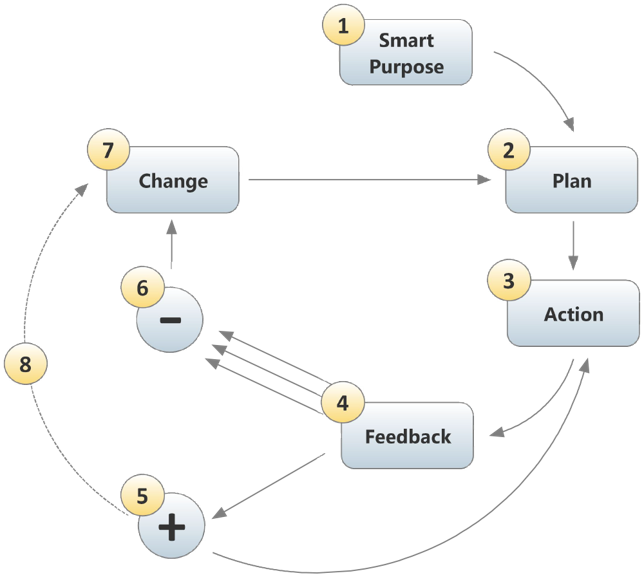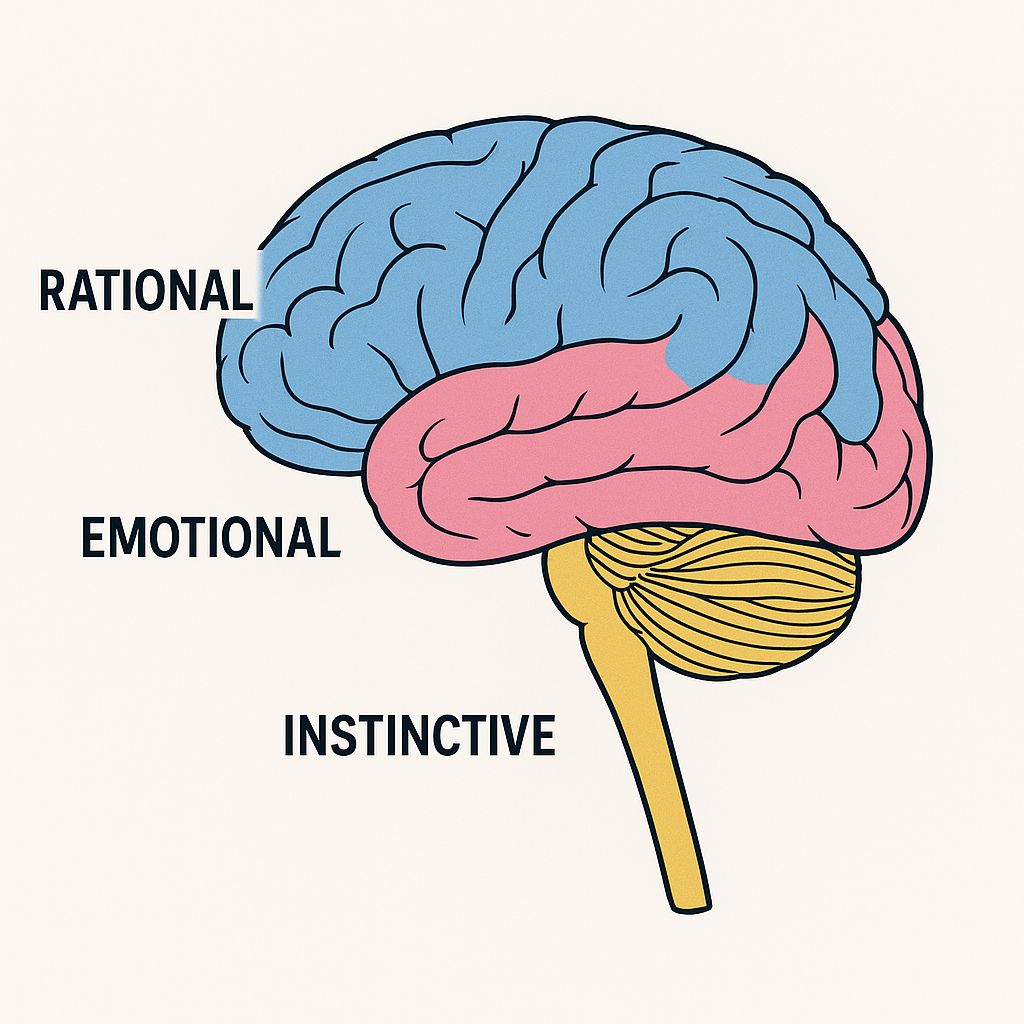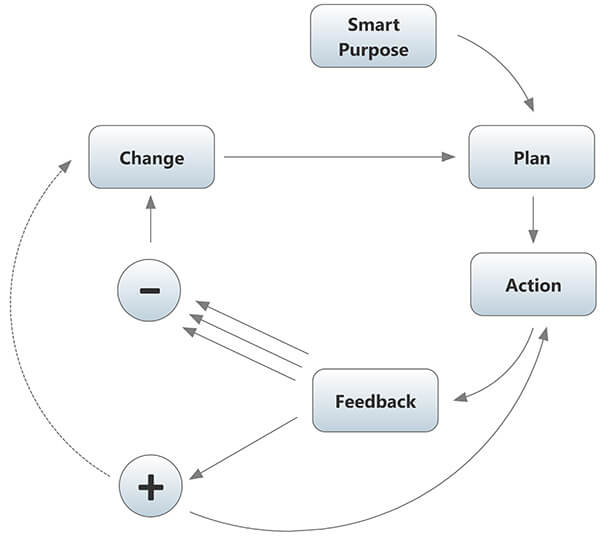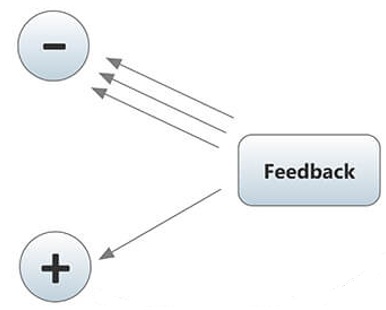What Is Change Management and Why Is It Important?
Change Management gives leaders a structured process to guide their people and teams through changing situations, so progress continues, and teams achieve their goals. No situation stays static for long. People and teams who adapt themselves to changing circumstances strengthen performance, protect each other, and secure their better future. Those who fail to adapt lose productivity, waste resources, and damage their chances.
People who understand and apply this course material will weather the storms of change and achieve their goals because of change, rather than in spite of it!

Contact Us Today
If you want to know more about this course, or any other Management Training Courses, or their suitability for you or a colleague, call us on 020 3856 3037 or make an enquiry online.
Customer Reviews
Victory Housing Trust
United Arab Shipping Company (UASC)
Change Management Training Availability, Pricing and Course Dates
If you have any questions, please phone us (020 3856 3037) or send us a message.
Live Online Virtual Training
- Live Online Change Management Virtual Training delivered via Zoom or Microsoft Teams
- Easy to join - all you need is a laptop or tablet with a Webcam
- Learn the same skills as a face-to-face session, but from the comfort of your own home (or office!)
Bespoke Training (In-House or Live Online)
(International Price Varies)
In-House training has been designed to provide a similar experience to our open courses, however we can tailor the content to fit your specific needs.
Plus, travel and hotel accommodation for trainer if needed (Premier Inn type: not the Hilton!)
We are able to train in your timezone.
All our training includes:
- A full day of quality training, delivered by an experienced trainer
- Total of 6 CPD training hours (9am - 4.30pm), plus an additional 2-3 via post-course online independent learning.
- Full digital interactive course notes
- Training certificate
- Access to additional free training material after the course via our post-course portal
- 3 months free telephone coaching: Whilst you are implementing what you have learned, if you need to, you can contact us for support and guidance
Change Management Training Course Overview
This course equips managers with the skills to lead change in a clear, rational and positive way. It combines modern psychological understanding with practical communication skills and continuous improvement techniques so that we use change -not to disrupt our progress- but to drive it.
Practical Application
Leaders leave with a clear action plan they can use immediately. They will be able to keep their teams engaged, productive, and cooperative, even in the face of major change.
Benefits
Organisations that adapt themselves to changing circumstances strengthen performance, protect their people, and secure competitive advantage. By contrast, those that fail to adapt lose productivity, waste resources, and damage morale. Change Management training saves money, improves performance, and secures a better future.
Learning Outcomes:
- Understand and manage emotional responses to change
- Keep the rational mind active during uncertainty
- Identify beliefs that create resistance
- Reframe change as a positive and progressive process
- Apply the Change Success Formula to turn setbacks into continuous improvement
- Maintain morale, trust, and productivity
Change Management Training Course Details
Morning Session
What is Change Management Training?
Why are Change Management Skills Important?
We All Have Three Brains: Rational, Emotional, and Instinctive
People Often Have Negative Emotions and Instinctive Reactions to Imposed Change
How to Help People Manage Their Emotional Responses to Change
How to Create More Positive Responses to Change
More on the Psychology of Change Management
The Success Formula
Defined Purpose
Afternoon Session
Write Detailed Written Plans
Prioritise Your Actions
Measure Recent Feedback Results
Give Positive Feedback
Accept Negative Feedback
Make the Necessary Adaptive Changes
Mange the negative emotions caused by negative feedback and change
Strive to Continually improve
Summary, Application and Benefits of Training
Register for an Online Training Session
We offer online training webinars via Microsoft Teams, please choose one of the sessions below to start your registration process:
A full day of training (9am - 4.30pm - UK time - Convert) - only £350+VAT per delegate
| Date | Platform | Cost | Availability | |
|---|---|---|---|---|
May | ||||
| 22 May 2026 | Online via Teams | £350 +VAT | ||
Change Management Training FAQs
How do I join a Corporate Coach Group course?
Is this course offered in-house?
How do you cope with change?
What skills are required for change management?
What is the course training method? Is it interactive?
What are the key elements of change management?
What kinds of people attend this Change Management course?
Companies We've Trained
Related Articles from our Change Management Blog
Learning by Experience
17 December 2024Learn how learning from experience and watching others helps you break bad habits, sharpen time management, and spark continuous improvement for lasting growth.
Continue Reading >How to Manage Rapid Change
16 April 2024Learn five clear steps to manage rapid change: expect it, focus on value, flex your plan, stay alert and enjoy progress. Build leader skills for an AI-led world
Continue Reading >What are the Principles of Change Management?
21 February 2023Learn eight change management principles that give teams clear purpose, smart plans, focused action and feedback loops, turning resistance into progress.
Continue Reading >Is the Change Curve Model Real?
1 November 2022Learn why the change curve suits grief, not company shifts. Discover better change models and how focused training can almost double project success rates.
Continue Reading >













